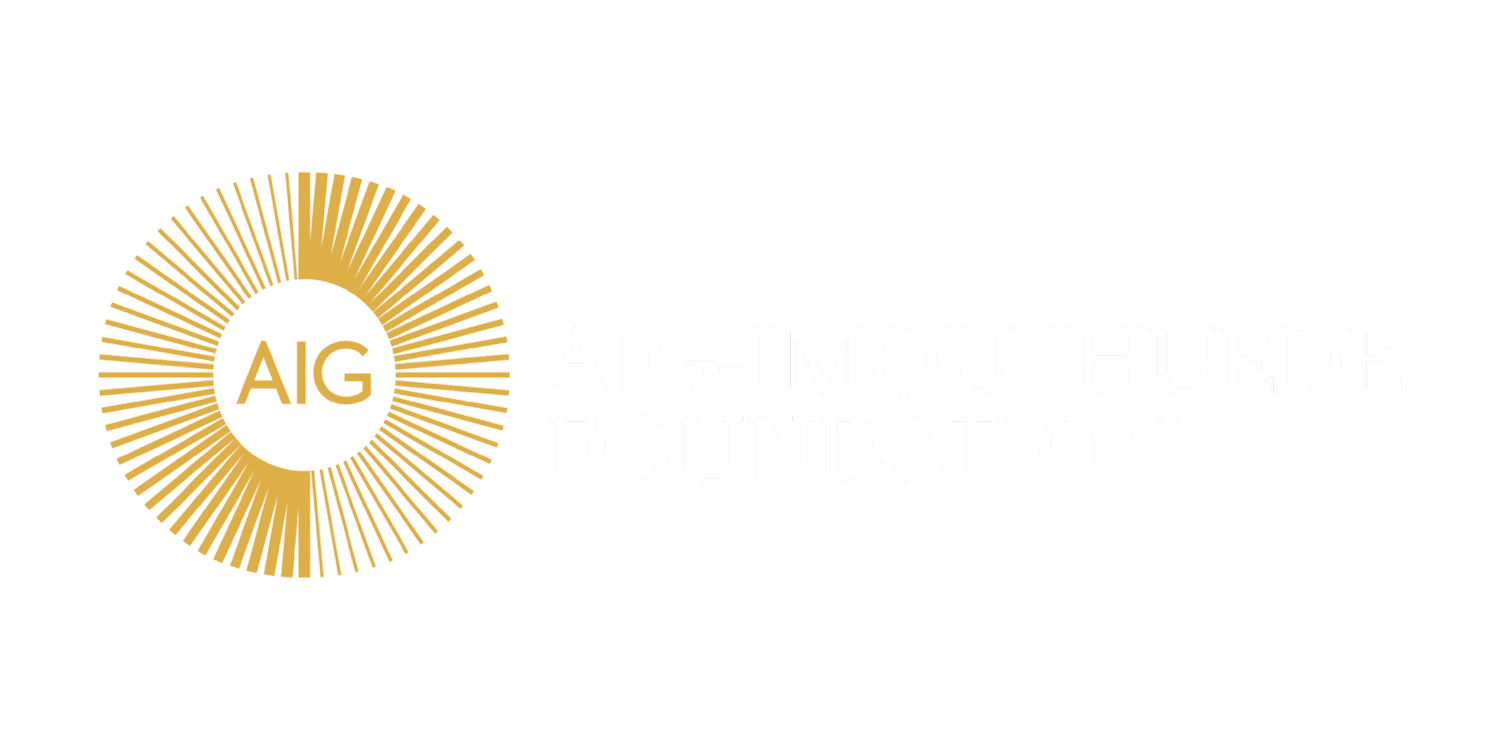
Our Alumni
AIG PUBLIC LEADERS PROGRAMME ALUMNI IMPACT STORY
PLP candidates carry out a capstone project in their organisations, using learnings they have gained from the programme. Ada’s project was titled “Improving Internal Communication.” She noted that due to the hierarchical nature of the public service, information moves top down, meaning that a lot is lost in translation and there are missed opportunities to communicate shared management decisions emotively. This is exacerbated when appropriate communication channels are absent or where information is transmitted through third parties.
To tackle the problem, Ada first held focus group sessions with a cross-section of staff members from different cadres of her organisation. The sessions explored the positive impact that effective internal communication could have on staff morale and productivity and on organisational outcomes. Existing challenges to achieving optimal internal communications were also identified.
After submitting the findings and recommendations from the focus group to the Executive Secretary of her organisation, Ada received approval to set up a team tasked with developing a framework to implement the recommendations of the focus group. These include strategic communication training for supervisors, introduction of post-meeting communiques to all staff members and regular departmental sessions to discuss corporate issues, operational plans and challenges regularly. She recognises, however, that change will not come quickly.
“While I believe the focus group recommendations can and will bring real and sustainable change, the path to the change I seek will take a little longer time than had previously been envisioned because a communication culture re-orientation also needs to occur across the board as a critical first part of the framework for implementation. Moreso, the change management process requires the close involvement of executive management, as staff take their cue from the tone of control at the top. The slow pace of implementation notwithstanding, the project is still a work-in-progress, and my management’s buy-in has not waned as there is a commitment to implement all recommendations."
Ada took two major learnings from the PLP. The first is learning to focus on the bigger shared common goal when making tough decisions. The second is a renewed understanding of what leading with integrity means in the public service. She believes that the practical, solution-proffering approach to dealing with these and other important issues as taught by the programme faculty from the Blavatnik School of Government, University of Oxford would be beneficial to help all public sector leaders navigate their time in the service.
“Currently, the Office of The Head of Service of the Federation is seeking to restore the old values of the Civil Service to those that the leaders who ran before us left behind, and that we would be proud to espouse. The PLP is thus coming at an opportune time for Nigeria and Africa as a whole. Through the programme, a new generation of public service leaders is being prepared for success in service, so we can leave behind a positive legacy.”
Ada Phil-Ugochukwu is the Head of Policy and Strategy at the Pension Transitional Arrangement Directorate (PTAD). PTAD is a model Pension Reform Agency responsible for the administration of the pension benefits of retirees of the Federal Government under a Defined Benefits Pension Scheme created by the Pension Reform Act 2014.
Ada joined the inaugural class of the AIG Public Leaders Programme (PLP) because she wanted to develop the skills necessary to prepare her for the senior leadership role she would be assuming in the next level of her career. She states that the programme exceeded her expectations.
“I was excited to be plugged into a network of forty-nine other leaders similar to me, who not only shared my ideals for public service leadership but brought to the table rich and practicable knowledge on how to surmount the knottier public service challenges, and more specifically, serving with integrity without compromising results or disenfranchising others while doing so. The program, its learning platform, tools, and the environment where the learning took place stimulated open conversations and deep self-reflection. It challenged me to thoroughly dissect problems using theoretical and practical models proven in other climes.”

